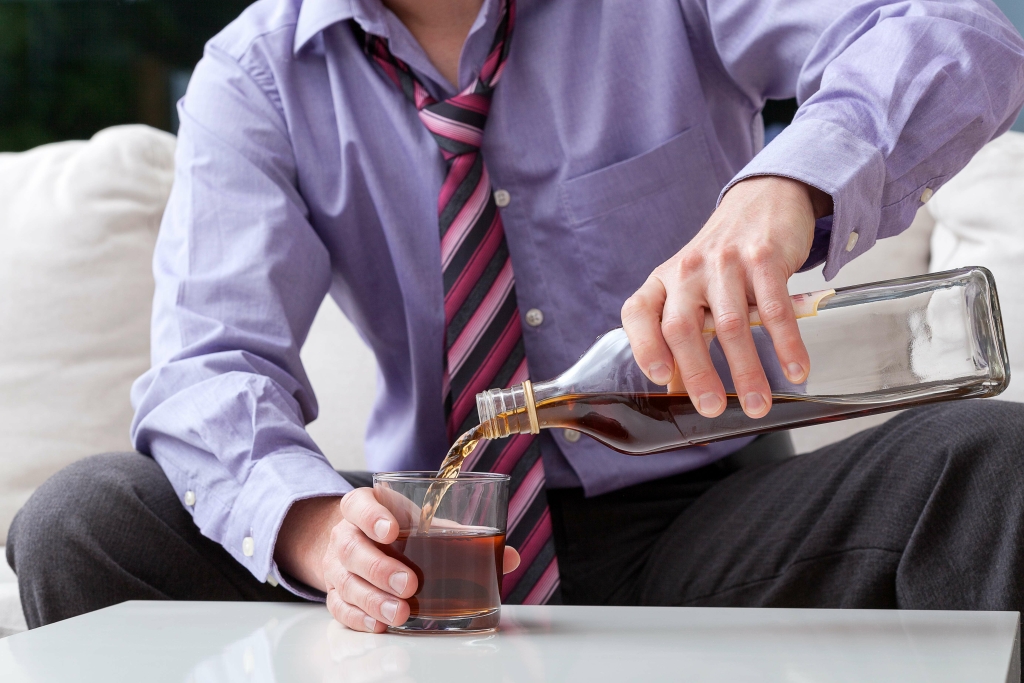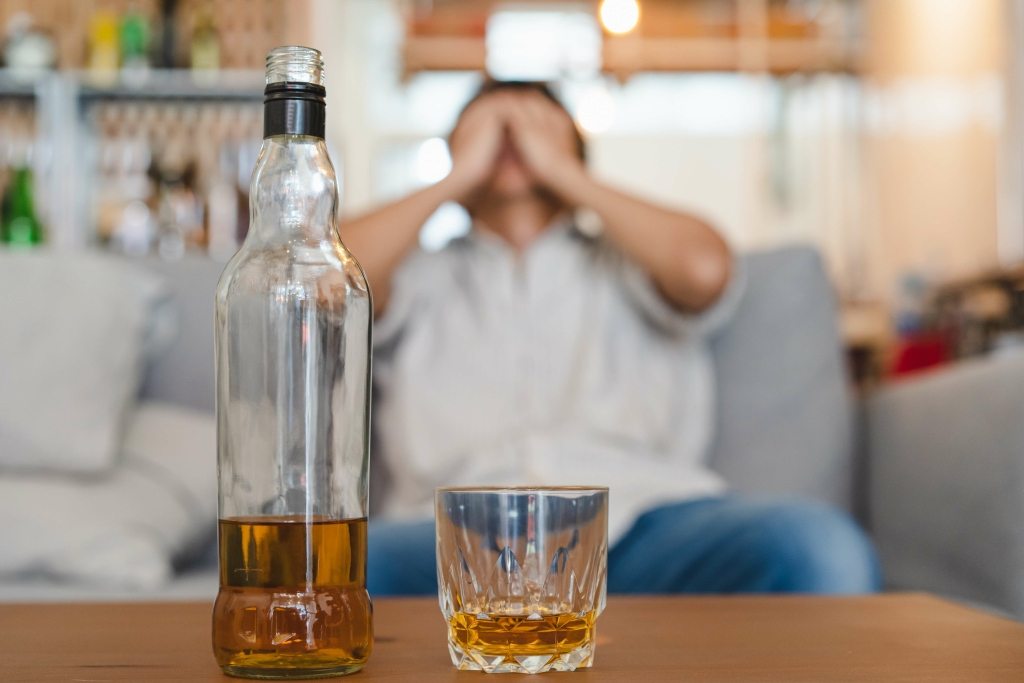Those with depression had an improved self-image and a stronger sense of self-esteem. Another study found participants with PTSD felt more relaxed, had reduced behaviors that contributed to poor emotional function, and had increased emotional responses. In cases of addictions or obsessions and compulsions, participants can heal through doing healthy repetitive activity with a healthy focus like meditation to find peace or joy. Lastly, participants can feel empowered by being in control of emotions and their connection to trauma.
The Role of Art Therapy in Addiction Recovery
Creating something from your soul means that there will be nothing else in the world that looks or sounds the same. Your art will be as unique as you are and will reflect your perspectives and experiences. Art therapy is more than a creative outlet; it’s a transformative tool that can help individuals in recovery rebuild their lives. By addressing emotional wounds, reducing stress, and promoting self-awareness, art therapy empowers individuals to navigate the challenges of addiction recovery with resilience and hope.
How to Maintain Hope During Challenging Recovery Times

It is used to address a wide range of issues, from anxiety and depression to trauma and addiction. Art therapy sessions involve activities such as drawing, painting, sculpting, and collage-making, allowing individuals to express themselves creatively and gain insights into their emotional states. There are several types of art therapy used in addiction treatment, including painting, drawing, sculpture, and collage-making. Each type allows individuals to externalize their internal experiences in a tangible way, promoting insight and emotional release. Art, music, and writing provide ways to process emotions, manage stress, and rebuild a sense of purpose. For those embarking on their recovery journey, exploring art therapy can open doors to self-discovery and healing that they never knew existed.
- Calls to numbers marked with (I) symbols will be answered or returned by one of the treatment providers listed in our Terms and Conditions, each of which is a paid advertiser.
- This positive experience can weaken the cravings that are so common during recovery.
- Patients report feeling more emotionally regulated and self-aware after art sessions.
Understanding Art’s Therapeutic Connection to Mental Health

It facilitates a collaborative exploration of https://makeitelf.com/ketamine-rehab-treatment-options-for-addiction-to/ artistic expressions between therapists and individuals, which is critical in fostering healing and recovery. Art therapy enhances traditional addiction treatment by offering a unique, expressive outlet for individuals grappling with substance use disorders. This form of therapy allows clients to engage in creative processes, such as painting, drawing, and sculpting, which can facilitate the exploration of complex emotions linked to their addiction. The therapeutic process does not rely on artistic skill; rather, it focuses on engagement and the emotional journey experienced during creation. As reported by the American Art Therapy Association, 68% of participants in art therapy noted a reduction in substance use, reinforcing its vital role in coping strategies and self-awareness.
The Anonymous People Philadelphia Premiere
Witnessing the art of others can foster connections and provide new perspectives on the recovery journey. As you pick up the brush, you begin to communicate without the need for words, often expressing emotions that might be too difficult to articulate verbally. Sharing these creations often sparks conversations, allowing you to connect and find common ground drug addiction in shared experiences.
- It allows individuals to externalize their internal struggles, giving form to abstract emotions and experiences.
- The primary focus of art therapy for addiction treatment is not the artist’s skill level.
- If you like to sing or play an instrument, you can compose songs that illustrate how you’re feeling.
- Art therapy employs a variety of creative methods to facilitate emotional exploration and healing.
- Art therapy with a licensed art therapist is not only reserved for those with artistic inclinations.

Art therapy activities can play a crucial role in the recovery process for those suffering from substance use disorder. The act of creating art allows individuals to explore their emotions and experiences without the need for verbal communication, providing a unique way to address the root causes of their addiction. Group therapy plays an essential role in substance abuse recovery, providing a space where individuals can share experiences, learn new art therapy ideas for adults in recovery coping strategies, and support each other’s journey to sobriety. Structured activities within these groups are highly effective in promoting personal growth, enhancing self-awareness, and building strong community bonds that can bolster resilience. From shattered pieces to masterpieces, art therapy unveils a vibrant mosaic of healing and self-discovery for those battling the relentless grip of addiction.